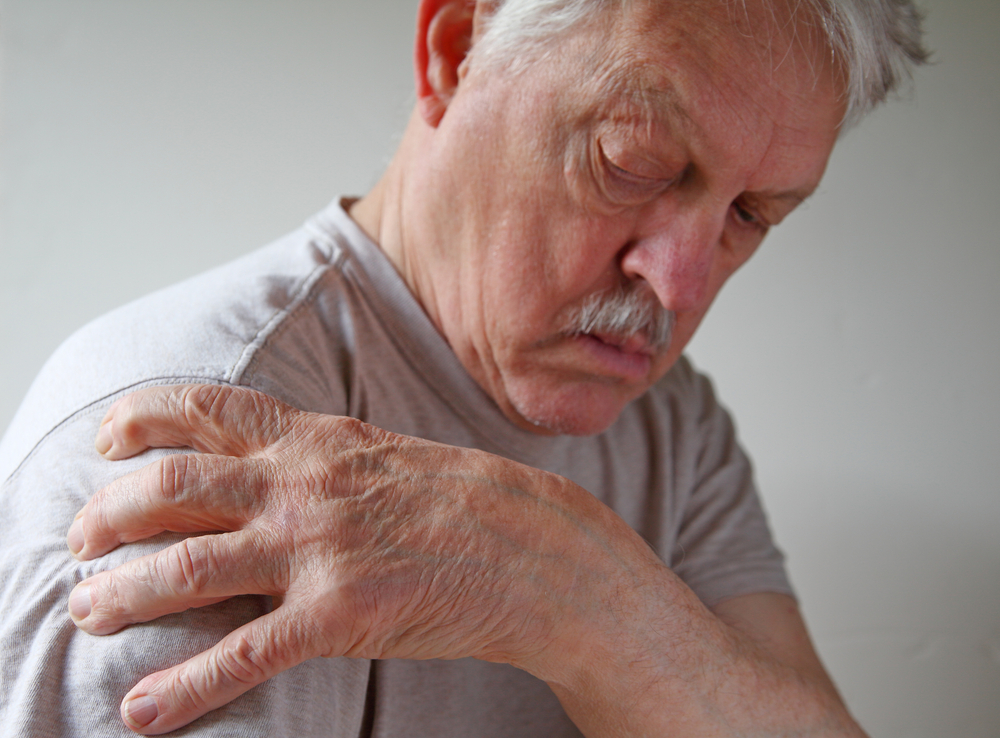Rotator cuff tear and injuries are common as you get older. However, it may occur earlier with individuals who need to execute overhead movements while working, such as painters and carpenters.
A rotator cuff is a group of muscles and tendons that helps in stabilizing the shoulder. They also help in motion. Each time you move your shoulder, you utilize the rotator cuff to move the joint and balance them.
The rotator cuff is highly susceptible to injuries. The most typical injuries are bursitis, tendinitis, and strains. However, lots of people with this condition can control their symptoms and go back to activities using physical therapy that enhance strength and flexibility of the muscles in the shoulder joint.


